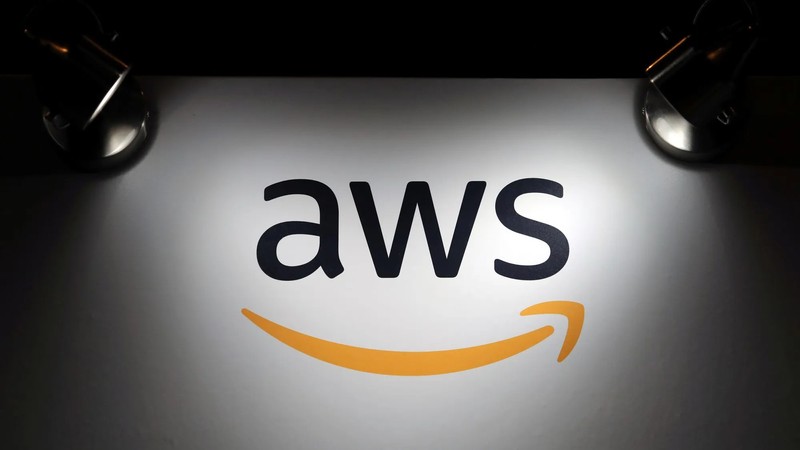The AWS outage that occurred on the 20th October highlighted the risk faced by global tech, AI companies and tech reliant businesses broadly. Thousands of clients rely on AWS for complex, demanding, data-intensive operations, including streaming video, running web applications and storing huge amounts of digital information.
The services that were affected included WhatsApp, the British government’s website and tax services, the payment app Venmo, the cryptocurrency platform Coinbase, games at The New York Times and The Wall Street Journal’s website. Dozens of other companies and retailers — including Amazon, Hulu, Snapchat, McDonald’s, Ring doorbells and the game Fortnite — also experienced interruptions. CyberCube estimated that the outage impacted more than 2 000 large organizations and around 70 000 organisations in total.
Last year, a much wider, daylong internet outage was caused by a faulty update sent out by a cybersecurity company called CrowdStrike. The challenge facing everyone is simply that there’s only a few dominant players in the cloud space, that is AWS, Microsoft Azure and Google Cloud). The market needs more players.
“Once again, we are experiencing how the concentration in the computing industry, in this case in cloud computing, can crash major parts of our internet, all at once,” says Corinne Cath-Speth, an expert on cloud computing and head of digital at human rights organization ARTICLE 19. “The infrastructure underpinning democratic discourse, independent journalism, and secure communications cannot be dependent on a handful of companies.”
Even those that do have multiple eggs in multiple metaphorical baskets were affected. Signal, the secure messaging app, which rents cloud infrastructure from AWS, Google and Microsoft Azure, faced outages because of AWS’s issues. This challenge suggests that we are facing a future where such interruptions may be unavoidable. This means that society needs to adopt risk averse approaches. We need to assume that tech will fail and it may be necessary to have alternatives when it does.
At a consumer level, there are just a few strategies that can be applied to avoid risks associated with outages. As an example, outages that impact online banking and other financial services can be among the most stressful, particularly if a consumer is waiting on a paycheck, trying to pay rent, checking on investment funds or making purchases.
To avoid such an occurrence experts say a good rule of thumb is to park your money in multiple places.Keeping some cash in a safe place is also a good idea. Emergency preparedness agencies recommend having physical money on hand in case of a natural disaster or power failures, although hoarding should be kept in moderation.
Depending on the scope of the outage, some other options should still be available. If digital banking apps are offline, there should be an option to visit a branch in person, or call a representative over the phone — although wait times during widespread disruptions are often longer. And if the disruptions are tied to a third-party cloud services provider, as seen with AWS, it’s not always something a bank or other impacted business can fix on its own.
The AWS outage also impacted some communications platforms, including social media site Snapchat and messaging app Signal. In our ever-digitised world, people have become all the more reliant on online channels to call or chat with loved ones, communicate in the workplace and more.
And while it can be easy to become accustomed to certain apps or platforms, experts note that outages serve as an important reminder to have backup plans in place. That could take the form of simply making sure you can reach those who you speak to regularly across different apps, again depending on the scope of disruption. If broader internet and cloud services that smartphones rely on are impacted, you may need to turn to more traditional phone calls and SMS text messages.
Essentially, there’s a need for a multi-cloud strategy. For online work or projects, that could mean storing documents across multiple platforms — such as Google Drive, Dropbox and iCloud.This outage should serve as a warning to design for a world that can work even without some cloud and tech services. We should be careful of designing everything to work only with cloud services.

Wesley Diphoko is a technology analyst and the Editor-In-Chief of FastCompany (SA) magazine.
BUSINESS REPORT
